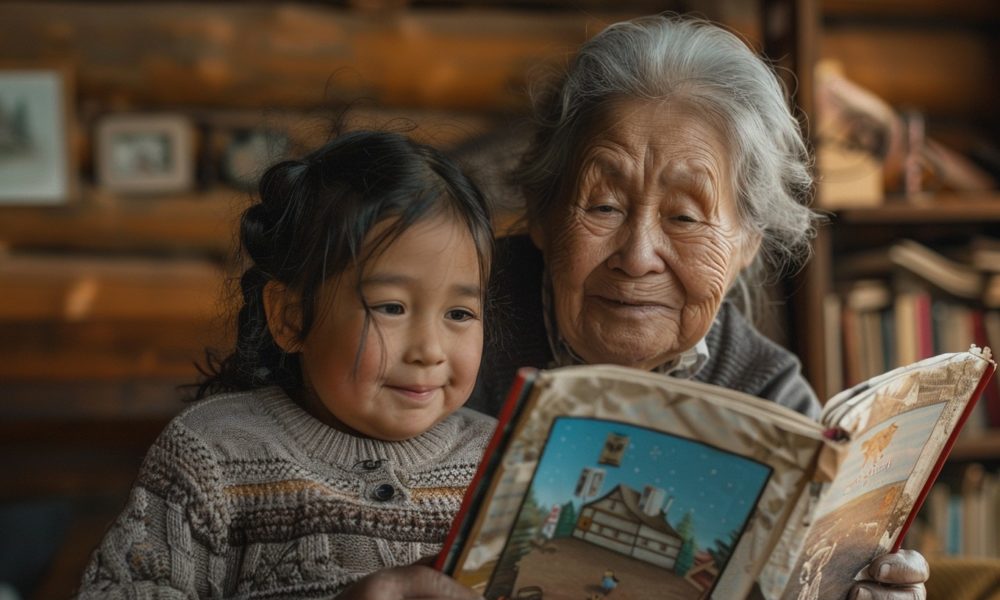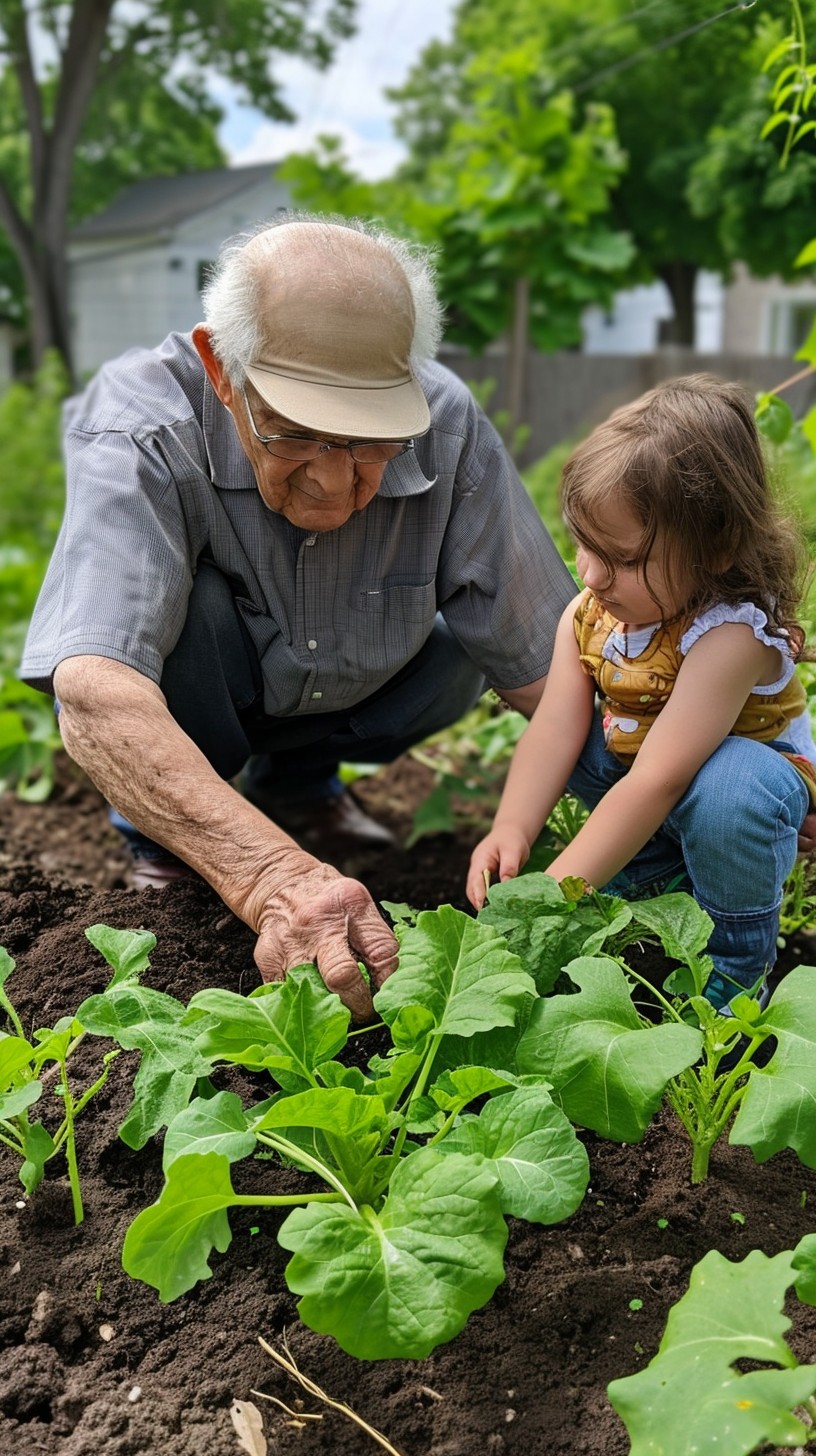
Better Together: How Young and Old Help Each Other Thrive
Intergenerational Connections Spark Growth and Purpose
At a time when the world often feels divided, something quietly hopeful is happening across generations. Young people and older adults are finding common ground through shared curiosity, creativity, and care. These connections aren’t just heartwarming. They’re transformative, proving that bridging generations benefits everyone involved.
Intergenerational programs are turning this hope into action. From school students pairing with retirees to community workshops that bring youth and elders together, these initiatives create opportunities to learn, support, and grow across generations. The results are powerful ripples of understanding, empathy, and shared joy.
A Lifeline of Mentorship and Emotional Support
For young people, relationships with older adults offer something increasingly rare in our fast-paced, digital world: perspective. Research from Cornell University’s Building a Community Legacy Together (BCLT) program shows how intergenerational connections can change lives. In BCLT, high school students interview older adults to capture their life lessons and insights. Through these conversations, students gain not only wisdom and practical guidance but also emotional grounding and encouragement from those who have already navigated the challenges of youth and adulthood.
This type of mentoring goes beyond academic or career advice. It builds confidence, empathy, and resilience. Older adults can help young people feel seen and valued, offering reassurance during uncertain times. In turn, the youth bring energy, curiosity, and fresh ideas into these relationships, creating a dynamic exchange that benefits both generations.
Boosting Academic and Social Success

Image by Stockcake
The advantages for younger participants extend into school and community life. Studies have found that intergenerational programs can lead to improved school attendance, greater civic engagement, and even reduced rates of risky behavior such as substance use. A report from Generations United, a US-based advocacy organization, highlights how students involved in intergenerational learning often show stronger social skills, more empathy, and more positive attitudes toward aging.
These results are not surprising. When young people learn to connect with and appreciate older generations, they are less likely to fall prey to stereotypes and more likely to value diversity in all its forms. Whether it’s through a reading buddy program, a shared gardening project, or storytelling circles, intergenerational learning nurtures compassion, communication, and cooperation.
A Sense of Purpose and Joy for Older Adults
The benefits are just as profound for older adults. Many retirees and seniors struggle with feelings of isolation or a loss of purpose after leaving the workforce. Interacting with younger people offers them a chance to remain active, engaged, and socially connected. Programs like SAGE (Successful Aging and Intergenerational Experiences) have shown that older adults who mentor or volunteer with youth report higher levels of well-being, mental alertness, and even physical health.
Having someone eager to listen to their stories and appreciate their wisdom can be deeply affirming. It reminds older adults that their experiences still matter and that they can continue to make a difference. This sense of purpose can lead to lower rates of depression and cognitive decline, as well as a greater sense of belonging in their communities.
Bridging the Generational Gap
Perhaps the most inspiring outcome of intergenerational contact is how it breaks down stereotypes. Young people learn that aging does not mean irrelevance, while older adults see that youth are not self-absorbed or careless. They’re simply growing and learning, just as the older generation once did. This mutual understanding promotes respect and empathy across generations, strengthening the social fabric that holds communities together.
Intergenerational programs are living proof that when we reach across age divides, everyone thrives. By fostering these relationships – through schools, community centers, or neighborhood initiatives – we build societies that value connection over separation and wisdom over isolation.
Get Involved: Building Bridges That Last
You don’t have to wait for a formal program to make a difference. Invite an older neighbor for coffee, volunteer at a local senior center, or encourage children and teenagers to spend time with grandparents or older mentors. Every small act of connection contributes to a more compassionate and inclusive world.
Because, ultimately, we are better together: learning, growing, and thriving through the timeless power of human connection.


I know from personal experience that having regular encounters between the young and old has a profound impact on both. When my mother-in-law, at age 71, moved in with my wife and me and our 3 young children, I was a bit apprehensive about how it would work out. That apprehension quickly dissolved and for the next 25 years I lived the benefits of having 3 generations all sharing life under the same roof. Maybe it was just the nature of the individuals that allowed it to succeed as well as it did, but I think it was more than that. I see in my now adult children a deep understanding of where they come from and, more importantly, where they are going.
My own family background enjoyed regular connections with family and friends of widely varying ages, but not to the extent our children were exposed to on a daily basis. Everyone benefited. It gave my mother-in-law renewed purpose as she integrated seamlessly into our daily lives, providing after school care, cooking, shopping and household management, and it gave our children a view of the world that spanned backwards in time where they gained an understanding that humanity can (and did) overcome unimaginable struggles. We all sat transfixed on the stories she would tell at the dinner table of daily life in Europe and North Africa during WWII as seen through the eyes of a young girl. They were (mostly) present as she aged, and ultimately passed, with dignity at the ripe old age of 96. The depth of this life experience (for all of us) cannot be taught, it must be lived.
The programs listed in this “The Good Times” post provide awesome opportunities to people that don’t have the ability to share their entire lives with multiple generations and I fully support their continued success and expansion. While the post cites clinical studies that show the benefits, the reality is that those benefits are immeasurable.